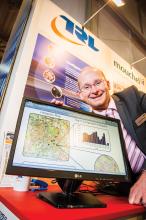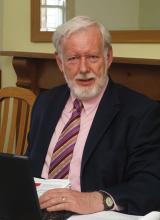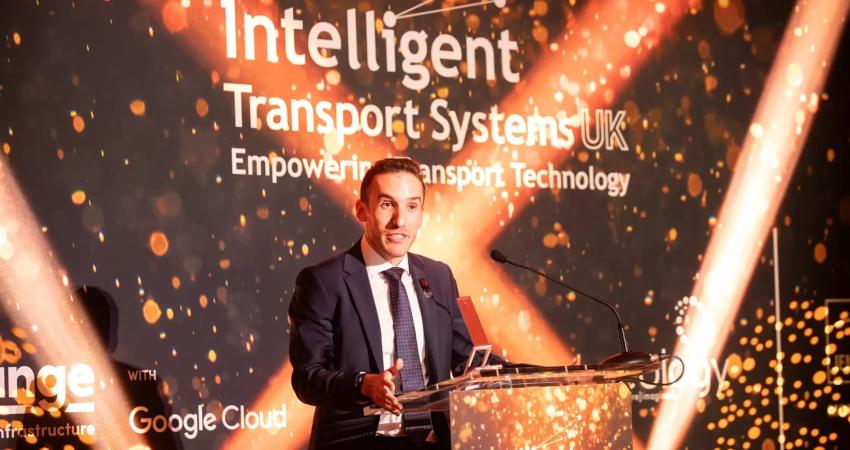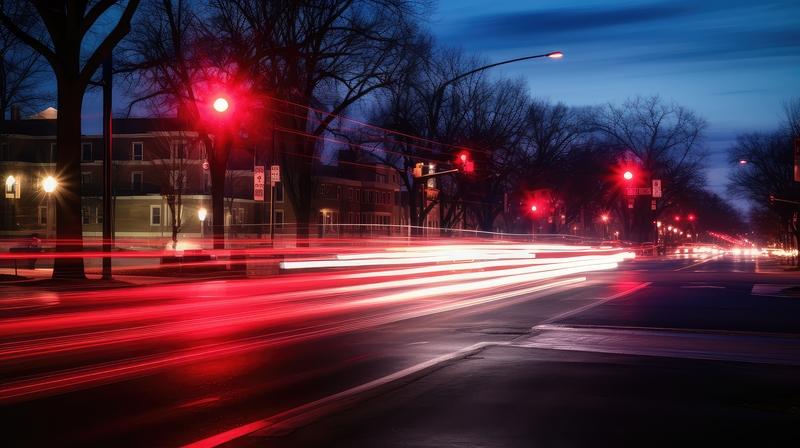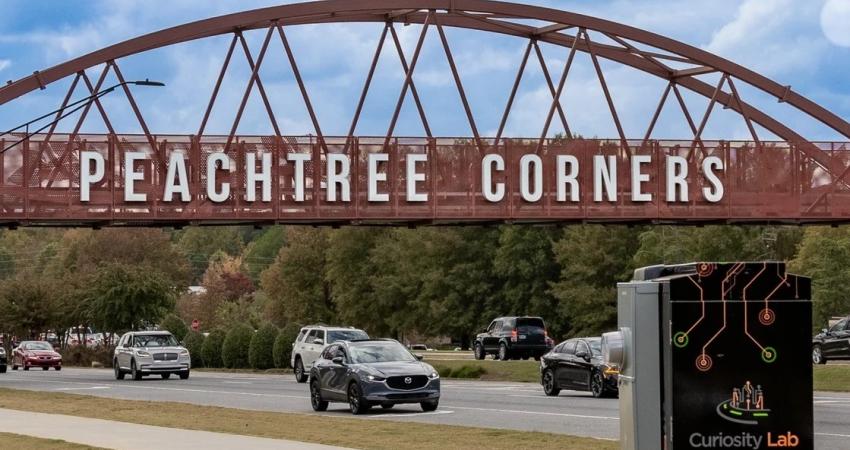For decades, planners and engineers have gathered traffic data using expensive, time-consuming surveys and processes. A new AirSage white paper, "The Future of Transportation Studies: A Comparative Review" looks at the emerging trends that are transforming the transportation planning industry and examines traditional traffic data collection methods and new complementary technologies at the forefront of the transportation industry.
For decades, planners and engineers have gathered traffic data using expensive, time-consuming surveys and processes.
A new6178 AirSage white paper, "The Future of Transportation Studies: A Comparative Review" looks at the emerging trends that are transforming the transportation planning industry and examines traditional traffic data collection methods and new complementary technologies at the forefront of the transportation industry.
The traditional methods of compiling origin-destination data, household travel surveys, vehicle intercept surveys and licence plate surveys, are being supplanted by new technologies such as Bluetooth or data from from cell phones, tablet computers and laptops.
Interest in the new technologies is being driven by constrained research/study budgets, says the report, as well as the fact that new technology can deliver larger, more accurate data samples much faster, making the data more current than most other methods.
Increasingly, public agencies and commercial clients are studying and using new strategies, especially cellular data, to supplement or replace traditional traffic study methods.
Bluetooth and license plate surveys eliminate some of the drawbacks of traditional survey methods. Both can cost less and be completed more quickly than household and vehicle intercept surveys. However, because both require expensive equipment, they share the same restriction of covering only a limited geographic area.
Cellular technology eliminates many of the drawbacks of traditional surveys, Bluetooth tech¬nology and license plate surveys. The technology is relatively low cost, data can be collected and analysed in just weeks, and the size and scope of a cellular traffic study are virtually unlim¬ited.
Based on preliminary findings, a household travel survey augmented by a cellular survey provides the richest pool of data, but the length of time to complete the study is long and costs (due to the household survey) are high. Cellular surveys, which provide unprec¬edented amounts of current and historical data at a relatively low cost, offer an effective and affordable alternative for regions of any size.
The full report is available here. (link %$Linker:2 External <?xml version="1.0" encoding="utf-16"?><dictionary /> 0 0 0 oLinkExternal http://airsage.com/Contact-Us/White-Paper/ Airsage false http://airsage.com/Contact-Us/White-Paper/#sthash.YgugSkMz.dpuf false false %>)
A new
The traditional methods of compiling origin-destination data, household travel surveys, vehicle intercept surveys and licence plate surveys, are being supplanted by new technologies such as Bluetooth or data from from cell phones, tablet computers and laptops.
Interest in the new technologies is being driven by constrained research/study budgets, says the report, as well as the fact that new technology can deliver larger, more accurate data samples much faster, making the data more current than most other methods.
Increasingly, public agencies and commercial clients are studying and using new strategies, especially cellular data, to supplement or replace traditional traffic study methods.
Bluetooth and license plate surveys eliminate some of the drawbacks of traditional survey methods. Both can cost less and be completed more quickly than household and vehicle intercept surveys. However, because both require expensive equipment, they share the same restriction of covering only a limited geographic area.
Cellular technology eliminates many of the drawbacks of traditional surveys, Bluetooth tech¬nology and license plate surveys. The technology is relatively low cost, data can be collected and analysed in just weeks, and the size and scope of a cellular traffic study are virtually unlim¬ited.
Based on preliminary findings, a household travel survey augmented by a cellular survey provides the richest pool of data, but the length of time to complete the study is long and costs (due to the household survey) are high. Cellular surveys, which provide unprec¬edented amounts of current and historical data at a relatively low cost, offer an effective and affordable alternative for regions of any size.
The full report is available here. (link %$Linker:

